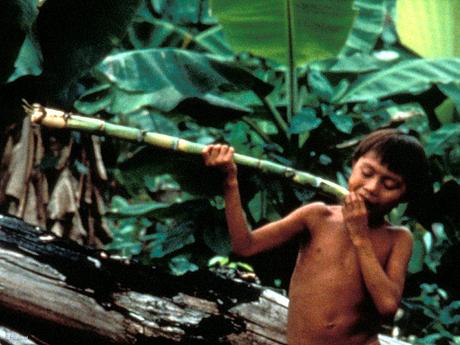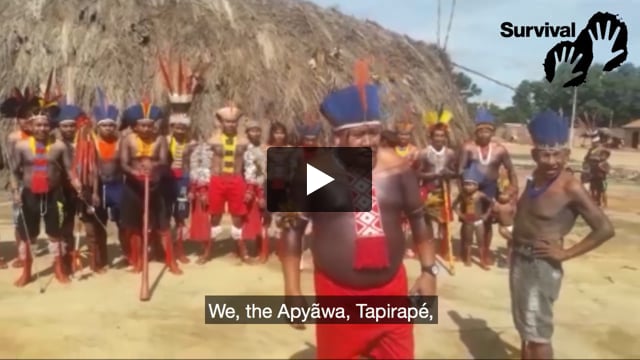Supreme Court ruling could threaten Indians’ land
April 3, 2009
This page was last updated in 2009 and may contain language which is now outdated.
Brazilian Indians are concerned that the ‘small print’ of last month’s Supreme Court ruling on the Raposa-Serra do Sol Indigenous territory could jeopardize Indian land rights.
The 20 March ruling was a great victory for the five tribes of Raposa-Serra do Sol, quashing an attempt by a group of powerful farmers to break up their reserve. The farmers, who had subjected the Indians to violent attacks, have been told they must leave the area by the end of April.
However, parts of the ruling could have serious implications for Indians across Brazil.
The Supreme Court judges said that Brazilian state governments – some of which are notoriously anti-Indian – should have more active involvement in future Indigenous land demarcations. This could make the demarcation process slower and more difficult.
The ruling also said that Indigenous people should not be consulted about development projects on their land, if the projects are ‘in the national interest'.
The judges also said that Indigenous territories that have already been demarcated (mapped out) should not be enlarged. This particularly worries tribes like the Guarani, who have only had tiny areas of land legally recognized before the 1988 constitution, which recognises the Indians' 'original rights' to their lands.
Ana Paula Souto Maior, a lawyer at the Brazilian NGO ISA (Socio-Environmental Institute), says, ‘Some of these conditions are worrying and it remains to be seen just what their impact will be on the many territories that still await demarcation or enlargement.’



